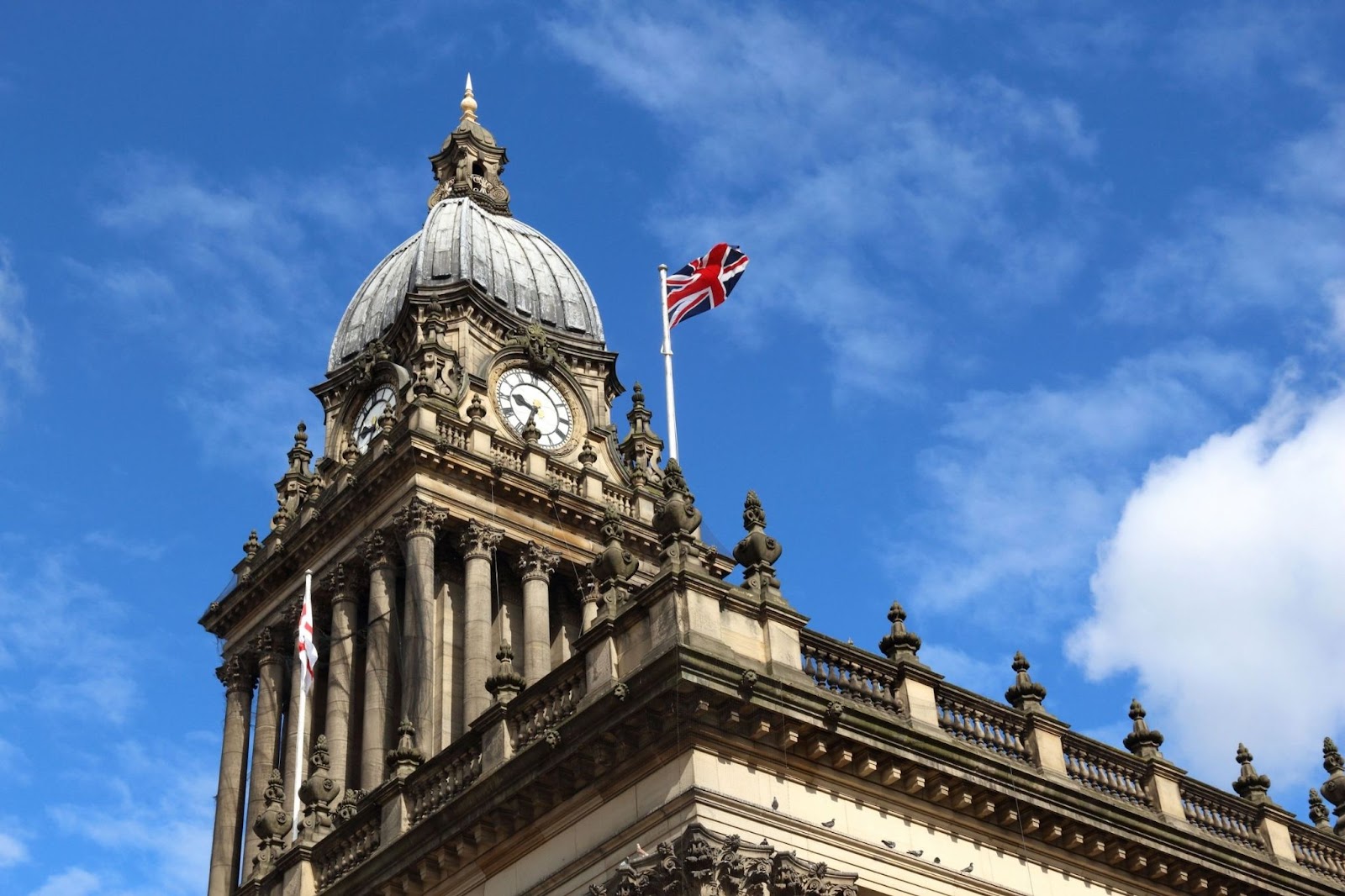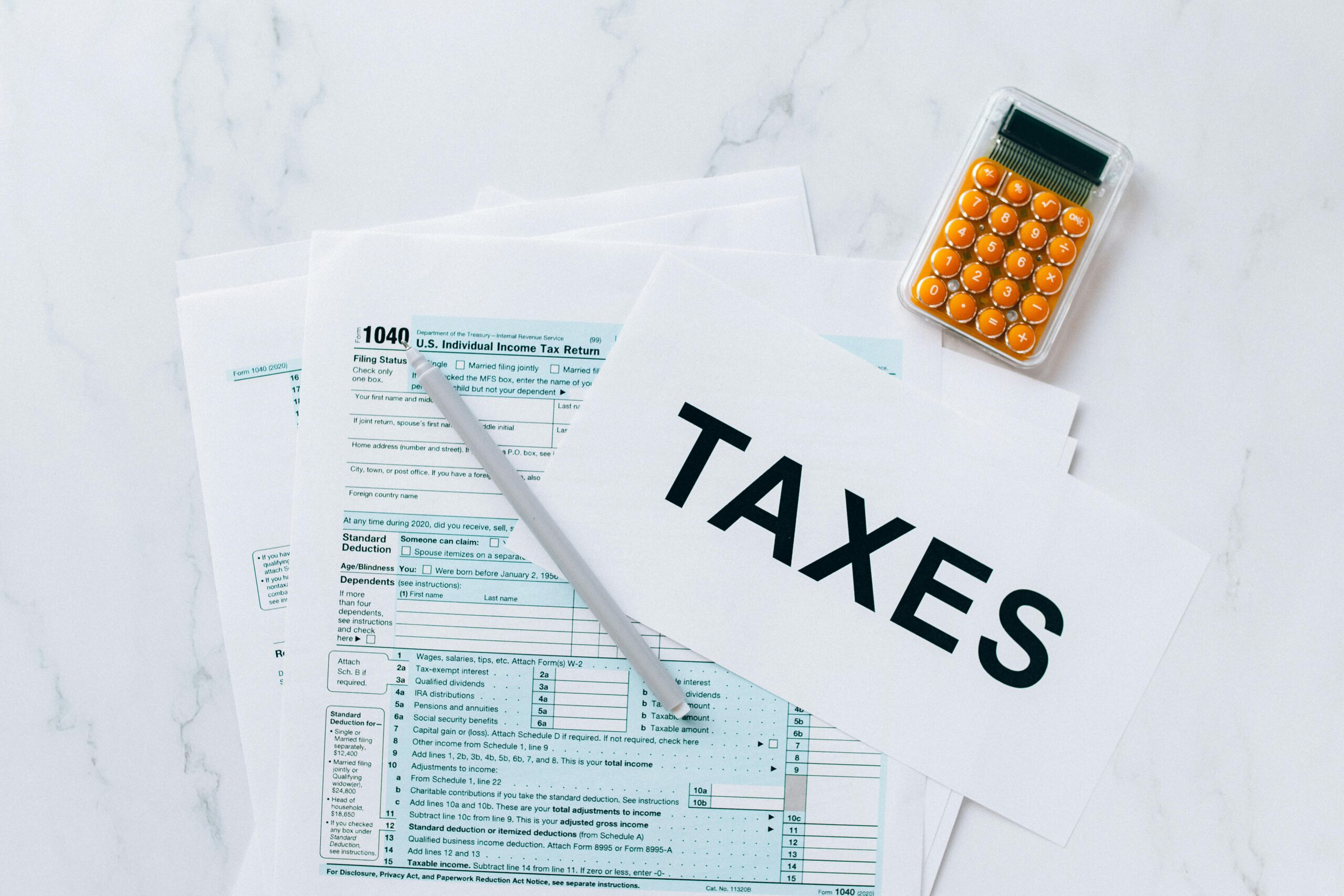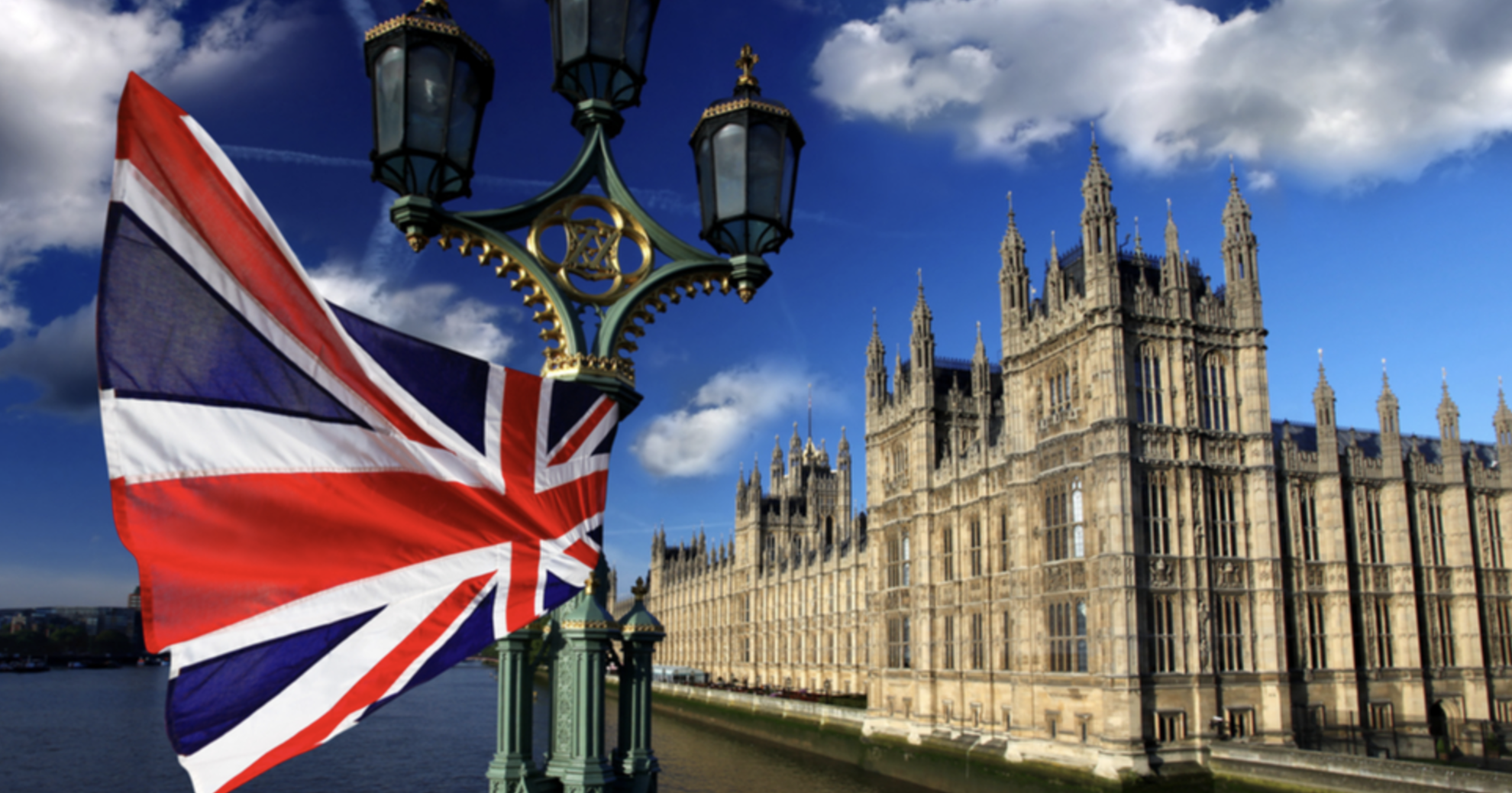A UK business license is a critical requirement for entrepreneurs, investors, and international companies intending to operate in the United Kingdom. Securing the proper UK business license ensures legal compliance, safeguards against penalties, and establishes credibility with customers, partners, and financial institutions.
A UK business license is not merely a bureaucratic formality; it reflects a company’s commitment to lawful and ethical business practices. Entrepreneurs must familiarize themselves with both national and local licensing requirements to ensure all operational and professional obligations are met.
By obtaining the correct licenses early in the business lifecycle, companies minimize legal risks and position themselves for long-term success in the competitive UK marketplace.
UK Business License Requirements (2025 Update)
The rules surrounding a UK business license are not uniform across all sectors. Unlike some countries that mandate a single, comprehensive national business license, the UK requires businesses to comply with multiple regulatory frameworks depending on their activities. Both national-level registration systems and local council authorities govern these requirements.
At the national level, limited companies, partnerships, and sole traders must register with Companies House or HMRC to establish their legal entity. Registration provides businesses with a formal legal identity, allows the opening of corporate bank accounts, and ensures compliance with UK tax obligations. Meanwhile, specific operational licenses, such as those for food premises, alcohol sales, or entertainment, are issued by local councils, which enforce regional regulations and safety standards.
For international businesses, the process mirrors domestic requirements, but additional scrutiny may apply. Foreign companies entering the UK may need to provide proof of a registered office, appoint local directors, or register for VAT in advance.
Does the UK Require a Business License?
The UK does not have a single, nationwide business license applicable to all enterprises. Whether a business requires a UK business license depends on the type of activity it performs and its location. Specific sectors, including alcohol sales, childcare services, food preparation, entertainment, and financial services, require mandatory licenses issued by local or national authorities.
For most general business activities, registration with Companies House or HMRC is sufficient. Limited companies, LLPs, partnerships, and sole traders must complete the relevant registration forms and submit documentation proving their legal and operational structure. Foreign businesses entering the UK must follow identical requirements, with added verification measures for VAT registration, sponsorship for immigration purposes, and proof of compliance with regulatory bodies.
UK Business License vs Regional / Municipal Licenses
In the UK, the distinction between national and local licensing is critical. National registration, such as incorporation with Companies House, establishes the company’s legal existence and provides the framework for corporate governance, taxation, and reporting. However, most operational licenses are issued at the regional or municipal level, reflecting local safety, zoning, and public health standards.
Examples include:
- London: Local councils manage premises licenses for alcohol sales, food preparation, and event hosting. Applicants must submit safety plans, staff training records, and insurance proof.
- Manchester: The council oversees entertainment, alcohol, and special events permits, each with specific application forms and compliance inspections.
- Glasgow: Similar licensing rules apply in Scotland, with council authorities handling business permits for regulated trades, including food service and hospitality.
Business owners must understand the interplay between national registration and local licensing requirements. A limited company may be fully registered at the national level but cannot legally operate without securing the necessary local permits.
For international businesses, this dual requirement can seem complex, making professional guidance or licensing services invaluable.
Occupational & Professional Licenses in the UK
Certain professions in the UK require specialized licensing or sector-specific permits. Licensing ensures that professionals meet competency, ethical, and safety standards.
Key examples include:
- Legal Services: Solicitors must register with the Solicitors Regulation Authority (SRA) to practice law legally.
- Financial Services: Companies and financial advisors must comply with the Financial Conduct Authority (FCA), obtaining authorization for regulated activities.
- Healthcare: Doctors, nurses, and other medical professionals require registration with the General Medical Council (GMC) or the Nursing and Midwifery Council (NMC).
- Construction & Engineering: Professionals may need certifications or licenses demonstrating compliance with safety, planning, and engineering standards.
- Food Service & Safety: Restaurants, caterers, and food premises must adhere to Food Standards Agency guidelines and obtain local food hygiene registration.
For businesses operating in regulated sectors, failure to obtain these professional licenses can result in legal action, fines, or closure.
Entrepreneurs must contact the relevant regulatory authority to confirm requirements and submit formal applications before commencing operations.
Sales Tax / VAT / GST License in the UK
In the UK, Value Added Tax (VAT) applies to most businesses with a taxable turnover exceeding £90,000 per year. Registration is mandatory for both domestic and international companies that meet the turnover threshold or engage in specific VAT-liable activities.
Steps to apply for VAT registration include:
- Register online with HMRC, providing business details, turnover estimates, and Standard Industrial Classification (SIC) codes.
- Receive a VAT registration number, typically processed within a few days.
- Maintain compliance by submitting regular VAT returns and keeping accurate financial records.
Renewal of VAT registration is generally automatic as long as businesses continue to operate and comply with reporting requirements.
Non-UK businesses supplying goods or services to the UK market must also register for VAT and follow HMRC guidelines to avoid penalties.
Federal / National Licenses in Addition to a UK Business License
In addition to standard UK business registration, specific industries require central government approval through federal or national licenses. These licenses ensure businesses operating in high-risk or strategically important sectors comply with safety, regulatory, and operational standards.
- Aviation: Companies operating commercial flights, drones, or airports must obtain licenses from the Civil Aviation Authority (CAA). The CAA sets operational, safety, and maintenance standards and ensures compliance with UK and international aviation regulations.
- Broadcasting: Ofcom regulates television, radio, and online broadcasting. Licenses are mandatory for content providers and broadcasters to ensure compliance with broadcasting codes, content standards, and technical regulations.
- Food & Drug Regulation: Businesses dealing with medicines, health products, supplements, or medical devices require authorization from the Medicines and Healthcare products Regulatory Agency (MHRA) and the Food Standards Agency (FSA).
- Immigration Sponsorship: Companies hiring foreign nationals must obtain a sponsor license from the Home Office. This license allows businesses to employ skilled workers legally while ensuring compliance with UK immigration laws.
- Import/Export: HMRC issues licenses for the import, export, or transit of controlled goods. Certain goods, such as firearms, chemicals, or restricted foods, require additional documentation to comply with national and international trade regulations.
It is important to note that obtaining these federal licenses is separate from a general UK business license. Businesses must secure these approvals before commencing operations in regulated sectors to avoid legal penalties, fines, or operational suspensions.
How to Get a UK Business License — Step by Step
Obtaining a UK business license involves a structured and multi-layered process to ensure compliance with national, local, and sector-specific regulations. Each step is critical to establish a lawful and fully operational business.
- Choose the Entity Type and SIC Code: Selecting the correct business entity (limited company, partnership, or sole trader) and Standard Industrial Classification (SIC) code is the first step. The SIC code identifies the primary business activity and determines relevant licensing and tax obligations.
- Register with Companies House or HMRC: Limited companies must be registered with Companies House, while sole traders and partnerships register with HMRC. Registration formalizes the business, provides legal recognition, and enables access to corporate banking and financial systems.
- Apply for VAT Registration: Businesses exceeding a taxable turnover of £90,000 per year or those in sectors requiring VAT must register with HMRC. This ensures compliance with tax reporting obligations and allows the reclaiming of VAT on eligible business expenses.
- Obtain Sector-Specific Permits: Certain industries require additional permits from regulatory authorities or professional boards. Examples include health sector approvals from the General Medical Council or finance sector licenses from the Financial Conduct Authority.
- File for Local Municipal or Council Licenses: Local permits are mandatory for activities such as alcohol sales, food service, and hosting events. Councils assess health, safety, and zoning compliance before granting licenses.
- Pay Fees and Receive Official Certificates: Fees vary depending on the license type, jurisdiction, and sector. Once processed, official certificates confirm legal compliance, allowing businesses to operate within the UK legally.
Following this step-by-step approach ensures comprehensive compliance with all levels of licensing, reducing the risk of fines, operational interruptions, or legal disputes.
How Much Is a UK Business License?
The cost of a UK business license varies significantly depending on the type of license, business sector, and location. Understanding fee structures is crucial for accurate financial planning:
- Local Licenses: Typically range from £50–£350 for operational permits, including food premises registration, small events, or entertainment licenses.
- Limited Company Registration: Filing fees with Companies House generally range from £12 to £100, depending on whether the registration is online or via paper submission.
- Specialized Sectors: Industries such as healthcare, finance, and highly regulated trades may incur fees exceeding £1,000 due to compliance audits, inspections, and federal approvals.
- Examples: A London premises license can cost between £100 and £635, depending on premises size and risk assessment, while food premises registration is usually free, though inspections may involve minor fees.
Businesses should also consider ongoing compliance costs, including VAT submissions, professional license renewals, and municipal annual fees. Budgeting for these ensures uninterrupted operations and avoids unexpected penalties.
Renewing a UK Business License
Renewing a UK business license is a crucial step to maintain compliance and operational legality.
Renewal timelines vary depending on license type, council, and sector:
- Annual Renewals: Most local council-issued licenses, such as food or alcohol permits, require yearly renewal. This may involve submitting updated documentation, inspection reports, or updated safety plans.
- VAT Registration: VAT registration continues indefinitely, provided businesses comply with reporting and payment obligations.
- Late Renewals: Failing to renew licenses on time can result in penalties, fines, or temporary suspension of operations. Persistent non-compliance may even trigger criminal liability in severe cases.
- Online vs. Manual Renewals: Many councils provide online renewal platforms, simplifying the process. However, some sectors or regions still require in-person applications or inspections.
Maintaining accurate records, monitoring renewal deadlines, and automating reminders where possible ensures the smooth continuation of business operations and minimizes legal risks.
Penalties for Operating Without a UK Business License
Operating without the appropriate UK business license exposes businesses to serious legal, financial, and reputational risks. Regulatory authorities in the UK take non-compliance seriously, especially in sectors such as food service, alcohol, healthcare, and finance, where public safety and consumer protection are involved.
- Civil Fines: Businesses found operating without a license may face fines that can exceed £20,000. For example, unlicensed alcohol sales, unsafe food handling, or operating unregistered premises can result in immediate financial penalties.
- Cease-and-Desist Orders: Local councils or regulatory bodies may issue orders requiring businesses to halt operations until proper licensing is obtained. Failure to comply can result in forced closure of premises, suspension of business activities, and disruption of revenue streams.
- Criminal Liability: In extreme cases, persistent non-compliance or fraudulent operations can lead to criminal charges. Individuals responsible for unlicensed operations may face imprisonment, particularly in highly regulated industries such as finance, healthcare, or import/export operations.
Proactively securing all necessary UK business licenses is essential for maintaining operational continuity, avoiding legal complications, and ensuring credibility with customers, partners, and regulatory authorities.
Best UK Business License Services (2025)
Securing a UK business license involves navigating complex national, local, and sector-specific requirements.
Several services help businesses streamline the process and reduce administrative burden:
- Commenda: A global one-stop solution that handles company setup, UK business license applications, VAT/GST registration, and ongoing compliance management. Commenda is particularly useful for international businesses or companies operating across multiple regulated sectors.
These services reduce administrative complexity, prevent missed deadlines, and ensure businesses maintain full compliance with national and local regulations. Choosing exemplary service saves time, reduces risk, and enables business owners to focus on their core operations.
How Commenda Simplifies UK Business Licensing
Commenda centralizes the entire UK business license process into a single, user-friendly platform, making compliance manageable for both domestic and international companies.
Key advantages include:
- Company Incorporation & Licensing Management: Commenda handles all steps from company registration to local and sector-specific license applications, ensuring a seamless legal setup.
- Automated Renewal Reminders: The platform tracks all license renewal dates and compliance deadlines, sending computerized notifications to prevent lapses.
- Integration with VAT/GST & Payroll Compliance: Commenda supports VAT/GST registration, payroll filings, and cross-border compliance, reducing administrative complexity for multinational operations.
- Operational Efficiency: By centralizing licensing and compliance tasks, Commenda enables businesses to operate legally and efficiently, eliminating the need to navigate multiple agencies manually.
Start your UK business license filing with Commenda with a Free Consultation. Utilizing this platform ensures that all licenses, permits, and compliance requirements are addressed, minimizing legal risk and allowing businesses to focus on growth.
Conclusion & Next Steps
Obtaining a UK business license requires careful attention to business type, regulatory requirements, and local council rules. Whether you are starting a new venture or expanding an existing business, proactive licensing ensures legal operation, operational credibility, and protection against fines or sanctions. Businesses that fail to comply risk fines, operational interruptions, and criminal liability, particularly in regulated sectors.
Professional services such as Commenda simplify the process by managing national registration, local licenses, sector-specific permits, and VAT/GST compliance within a single platform. This comprehensive approach reduces errors, saves time, and ensures ongoing compliance.
Book a free consultation with Commenda today to streamline your UK business setup. By securing all necessary licenses upfront, businesses can operate confidently, maintain regulatory compliance, and focus on sustainable growth and market expansion.
FAQs: UK Business License (2025)
1. How do I get a business license in the UK?
Obtaining a UK business license depends on your business type and sector. Start by registering your entity with Companies House (for limited companies) or HMRC (for sole traders/partnerships). Next, apply for VAT registration if your turnover exceeds £90,000 or if your activities require it. Sector-specific permits must be obtained from professional boards or regulators.
2. How much does a standard business license cost in the UK?
Costs vary by license type and sector. Local permits typically range from £50 to £350, while limited company registration at Companies House costs £12–£100. Highly regulated industries, such as finance, healthcare, or aviation, may incur fees exceeding £1,000. Fees also vary by location; for example, London premises licenses range from £100 to £635, whereas food premises registration is usually free.
3. What happens if I operate without a license?
Operating without the necessary UK business license can lead to civil fines exceeding £20,000, cease-and-desist orders, or even criminal liability in severe cases. Persistent non-compliance in regulated sectors may result in imprisonment, operational shutdown, or reputational damage. Securing all required licenses in advance mitigates these risks.
4. Do home-based businesses need a business license?
It depends on the business activity. Many home-based businesses that do not engage in regulated activities may only require registration with HMRC as a sole trader or for tax purposes. However, if your home-based business involves food preparation, childcare, or other regulated services, a local council or sector-specific license will be required.
5. Is a VAT/GST certificate the same as a business license?
No. A VAT registration certificate is for tax compliance and does not replace a business license. While VAT registration is mandatory for businesses exceeding £90,000 in taxable turnover or in specific sectors, a UK business license is a separate authorization required for legal operation in regulated activities.
6. How long does approval take in the UK?
Processing time varies by license type and issuing authority. Companies House registration is typically completed within 24 hours online, while VAT registration may take a few days. Local council licenses, sector-specific permits, and federal approvals (e.g., aviation, broadcasting, immigration sponsorship) may take several weeks due to inspections or compliance checks.
7. Can I transfer a business license if I expand to another region?
Business licenses are generally issued for specific locations and may not automatically transfer. If you expand to a new region, you must apply for additional local licenses corresponding to that area. Federal or sector-specific licenses may remain valid if applicable nationwide.
8. What documents are required to renew?
Renewal requirements depend on the license type. Generally, you will need your original license certificate, updated financial records, proof of ongoing compliance, and any safety or operational documentation. Some councils may request inspection reports or updated risk assessments. Renewal timelines vary but are usually annual.
9. Do foreign-owned companies need additional licenses?
Yes. Foreign companies must comply with the exact national and local licensing requirements as domestic businesses. In addition, they may need proof of a registered UK office, regional directors, VAT registration, and potentially sponsor licenses if employing non-UK nationals.
10. Which service offers the best license filing support?
Several services specialize in UK business license support. Osome offers end-to-end startup formation and compliance tracking. 1st Formations provides registration and licensing guidance. Commenda stands out as a global, all-in-one platform, managing company setup, sector-specific licenses, VAT/GST registration, and ongoing compliance reminders.
11. Does the federal government override regional licenses?
No. Federal or national licenses, such as aviation, broadcasting, or import/export, are separate from local council licenses. Businesses must comply with both federal regulations and local licensing requirements, as one does not replace the other. Both are legally binding and required for lawful operation.
12. How does Commenda help with business license compliance?
Commenda centralizes all UK business license management into a single platform. It handles company incorporation, sector-specific licenses, VAT/GST registration, and local permits. Automated reminders for renewals and compliance deadlines ensure businesses maintain continuous legal operation without risk of penalties.











